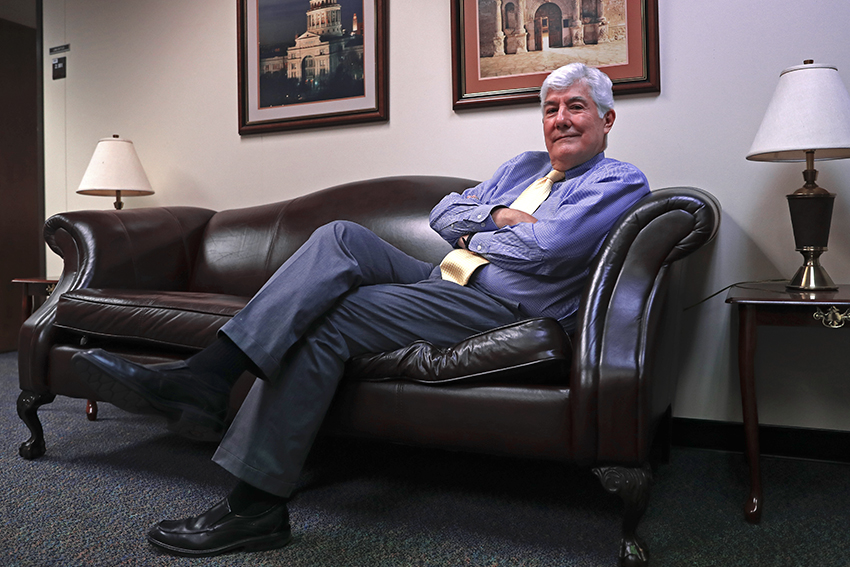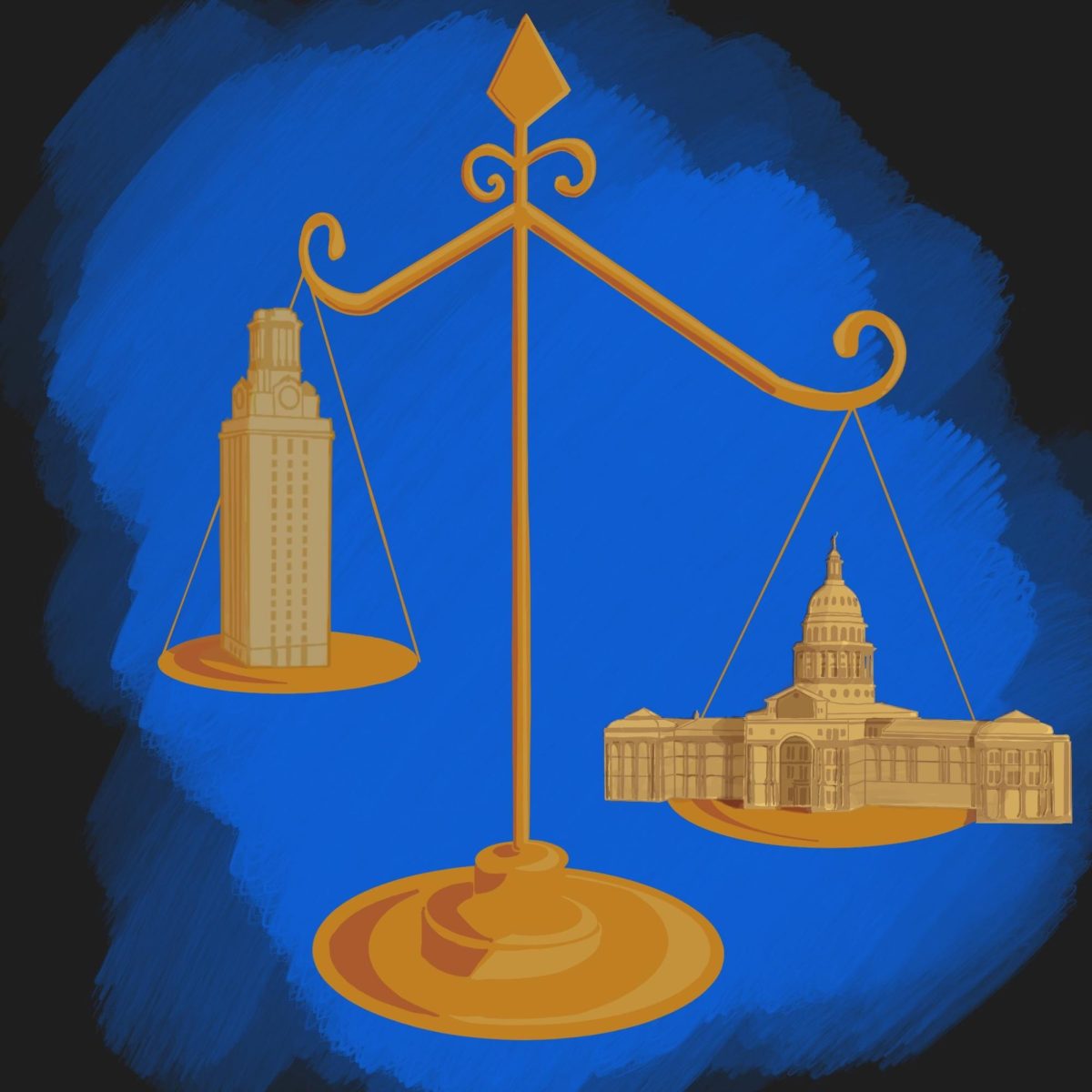College preparation and financial aid for middle class students need to improve statewide, a Texas higher education official said Wednesday while discussing the organization’s challenges.
Raymund Paredes, Texas' commissioner for higher education for 15 years, spoke with reporters during a conference call to discuss the challenges and achievements of Texas higher education before he steps down from the position Aug. 31.
The El Paso native and UT alumnus began his work as commissioner in 2004, making him the longest-serving commissioner of higher education in Texas. Paredes said he is proud of the accomplishments the Texas Higher Education Coordinating Board made during his tenure, such as increased graduation rates, but said there are still challenges ahead.
“We’ve got to make sure we don’t expand our higher education opportunities, offerings and programs beyond the ability or willingness of the state to fund them adequately,” Paredes said.
Paredes said higher education institutions should aid middle-class families who are exempt from university financial benefits and are no longer helped by programs such as B-On Time, a zero-interest loan program which will be phased out by 2020.
“We’ve done a pretty good job of helping out poor students, but … we have to find a way to help more (families) with incomes between $70,000 and $110,000 a year that suffer and have to plan differently with their family incomes if they have one or two or more children in college,” Paredes said.
Paredes also said he is wary of advocates calling for free tuition at colleges and universities.
“We can get bogged down in that kind of debate for years,” Paredes said. “It might as well be that while we’re trying to find an answer to that question, higher education in general begins to languish. I think affordability is probably the way to begin the argument … and I think we’re doing a lot of things to make higher education more affordable.”
According to the Texas Higher Education Data, roughly 52% of Texas high school students go straight to college, more than 10% lower than the national average. Citing these statistics, Paredes said statewide college preparation needs to be improved, and Texas students are unprepared for the rigor of college after graduating high school.
“We’re way behind, and that’s probably the challenge we’re facing I’m concerned most about,” Paredes said. “Sometimes K-12 has a tendency to define college readiness by itself without the significant involvement of higher education. The simple fact is, college readiness is determined by college, university faculty and first-year college courses.”
Paredes said students should consider attending college year-round to increase college affordability and to solve “summer melt,” the decrease in motivation to attend college after high school.
“One of the best ways to address that issue: Don’t give them a break,” Paredes said. “If we enroll students in much higher numbers year-round, we would save a lot of money on building … and in terms of time to degree.”




















